
Nursing has come a long way over the years, and its evolution – at least politically – owes much to the exceptional service, advocacy and determination of African Americans in the profession. From the inspirational Harriet Tubman to the feisty Mary Eliza Mahoney, these 10 women stand as shining examples to any aspiring nurse. Through their dedication, excellence and strength of spirit, these trailblazing African-American women broke down racial barriers in the nursing profession and truly changed the course of history.
10. Susie King Taylor
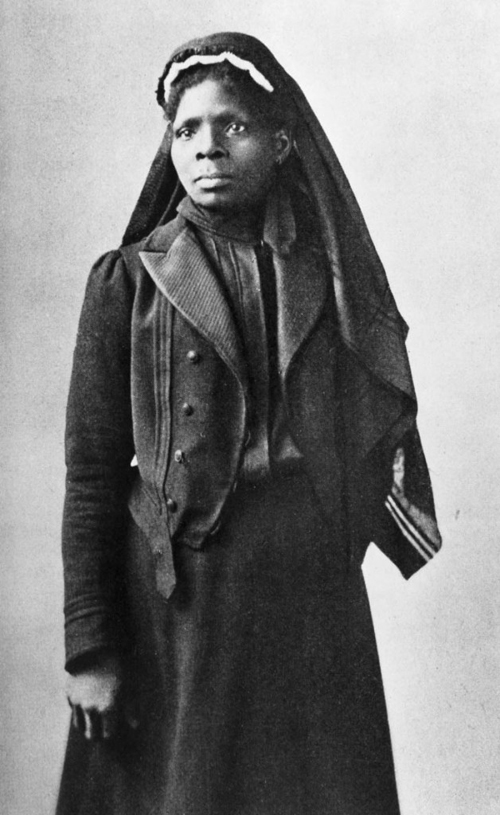
Susie King Taylor was an exceptional woman with many talents. During the American Civil War, she worked as a volunteer for the Union Army, handling diverse tasks such as laundering clothes, teaching soldiers how to read and write, and making custard using turtle eggs. She also knew how to handle a musket and was a pretty good shot.
But primarily Taylor was a nurse – and a daring one at that. When some of the soldiers were quarantined after coming down with smallpox, she crept into their tents and nursed them back to health, even though this was not permitted. “I was not the least afraid of the smallpox,” she said. It was the men she cared about. As she stated years afterward, “All this time my interest in the boys in blue had not abated. I was still loyal and true, whether they were black or white.”
Later, Taylor wrote an autobiographical account of her experiences titled Reminiscences of My Life In Camp with the 33d US Colored Troops. In the book, she reflects on the bad treatment of African Americans and hopes for a time when different races might live together in harmony.
9. Mabel Keaton Staupers
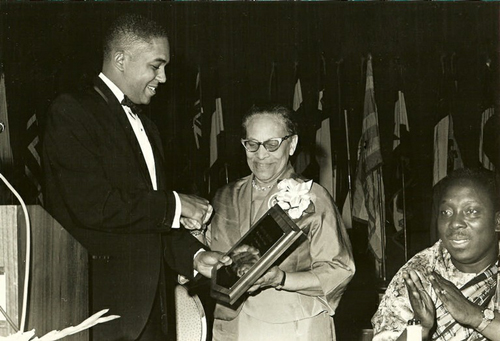
Born in 1890, Mabel Keaton Staupers was no stranger to racial discrimination. She encountered segregated nurse training programs and found that African Americans were excluded from major organizations. Inexcusable as it was, Staupers didn’t let prejudice hold her back. Instead, she became an imposing figure in the fight for racial equality and played a vital part in the acceptance of all ethnicities into the US Army and the American Nurses Association.
The American Nurses Association website states that Staupers was “a leader of vision, determination and courage” who “helped break down color barriers in nursing at a time when segregation was entrenched in this country.” And thanks to her efforts, “black nurses were accepted into the educational, institutional, and organizational structure of American nursing.”
8. Betty Smith Williams
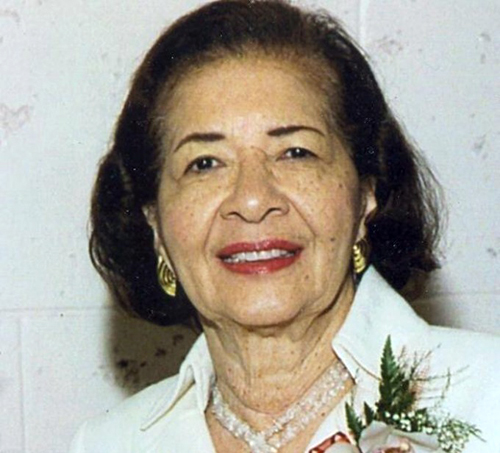
Betty Smith Williams grew up in South Bend, Indiana and says that she “saw very early on how activism and collectivism could impact change.” Williams took this philosophy with her into the nursing world and became the first black individual to wear the cap of Cleveland, Ohio’s Frances Payne Bolton School of Nursing. She also went on to become the first black person to teach at either a college or university in the entire state of California.
But perhaps Williams’ most groundbreaking achievement was co-founding the National Black Nurses Association in 1971. The Association is dedicated to providing black nurses with the impetus to act collectively and to improving general healthcare for African Americans. Williams became the seventh president of the association and says, “What satisfies me most is that through my work, and the work of my peers, we have stimulated others to find avenues in nursing.”
7. Estelle Massey Osborne
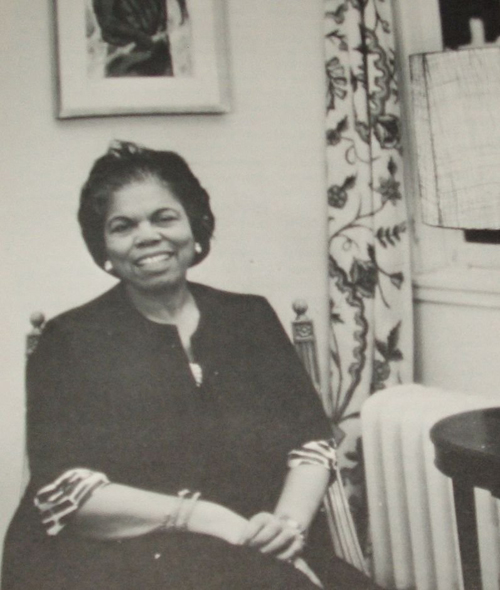
Born in 1901, Estelle Massey Osborne became the first black woman to earn a master’s degree in nursing. But this isn’t the only fact that distinguishes her. Throughout her career, Osborne dedicated herself to improving the options available to black nurses across the country. Her goal was to ensure that black nurses received just as high-caliber an education as their white counterparts.
In 1943, Osborne became a consultant for the National Nursing Council for War Services and helped to get the color ban lifted from nursing in the US Army and Navy. She also assisted in almost doubling, within two years, the number of training schools that would accept black students.
Then in 1945 she became the first black member of New York University’s teaching faculty and used her position to continue to fight for black nurses’ rights. Osborne’s legacy lives on in the form of the Estelle Massey Osborne Scholarship for registered black nurses interested in studying a nursing master’s degree full time.
6. Lillian Holland Harvey
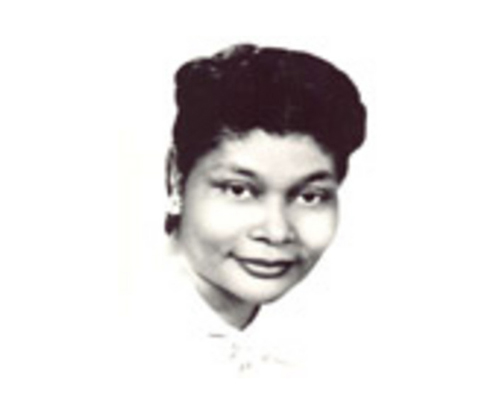
Registered nurse Lillian Holland Harvey is best known for her work in education. She became Dean of Tuskegee University School of Nursing in 1948 and held the position for nearly 30 years. During her time as Dean, Harvey was pivotal in establishing and offering Alabama’s first Bachelor of Science degree in nursing. The program offered students a strong education, complete with hands-on hospital experience – both locally and out of state.
Harvey believed that everyone deserved professional acknowledgement, regardless of his or her background. Even the harsh segregation rules of the 1940s didn’t deter her, and she went on to achieve a number of honors. Harvey’s graduates say that she impacted their lives strongly and led by example. She showed them the importance of advancing their education, striking a balance between work and family life, and finding ways to get involved with their local communities.
5. Hazel W. Johnson-Brown
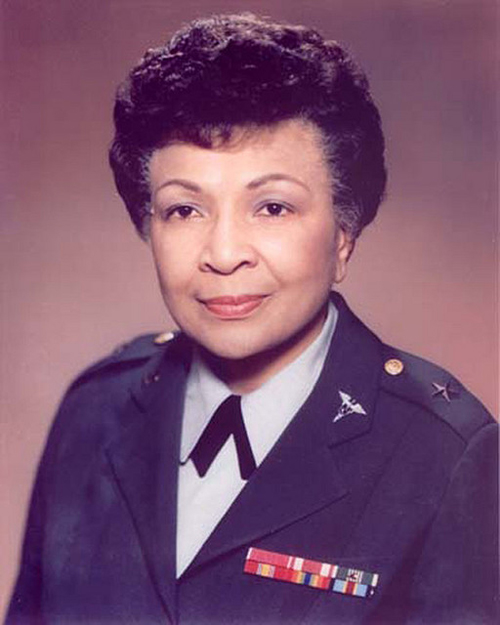
When Hazel W. Johnson-Brown tried to gain admission to a local hospital, she was told, “We’ve never had a black person in our program, and we never will.” Fortunately, despite the racial obstacles in her path, Johnson-Brown persevered and did become a nurse.
She studied at the Harlem Hospital School of Nursing, where she graduated in 1950. She then joined the army, working in Japan and later Korea during her service. In the 1960s, she also trained Vietnam-bound surgical nurses.
Johnson-Brown’s abilities in the operating theater led to her climbing the ranks in the army. She eventually became the first black woman to be promoted to brigadier general and the first to head the 7,000-strong US Army Nurse Corps.
As well as her Harlem diploma, Johnson-Brown achieved a nursing bachelor’s degree, a master’s degree, and an educational administration PhD. And to top it all off, she was awarded a number of distinguished military decorations in addition to being named Army Nurse of the Year twice.
4. Sojourner Truth
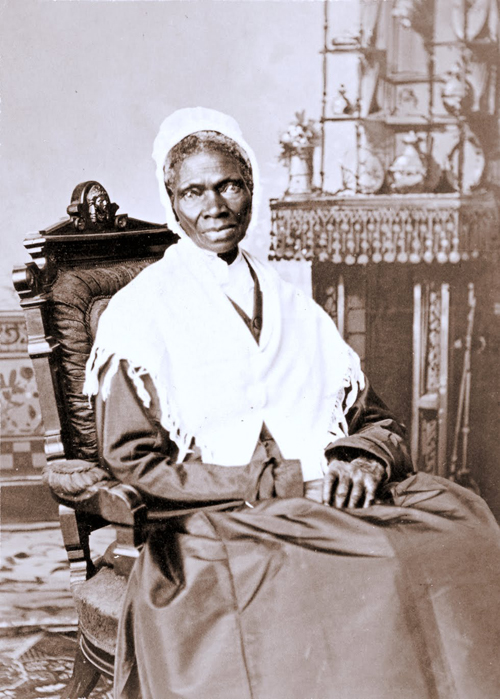
Isabella Baumfree – better known by her self-given name Sojourner Truth – was born into slavery in Ulster County, New York in 1797. And although she would later gain fame as an abolitionist and women’s rights activist, Truth was originally a nurse who served a family named the Dumonts. She was promised her freedom a year before the 1827 Emancipation Act, but when her owner changed his mind, she fled with her young daughter Sophia in 1826.
In her later years, Truth worked at the National Freedman’s Relief Association in Washington D.C., where she strove to improve the cleanliness and quality of care. But perhaps most notably, Truth used her strong voice and eloquent speeches to urge Congress to finance training programs for nurses.
In an age before any formal nurse training existed, Truth’s perception and advocacy of the need for such education remain truly legendary. And all this from a nine-year-old girl who was thrown in with a flock of sheep for $100.
3. Harriet Tubman
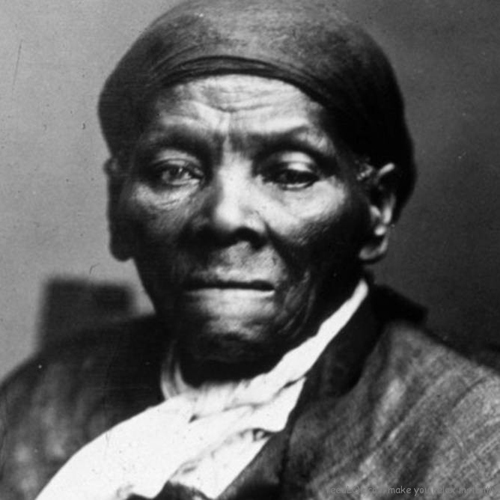
Harriet Tubman was an all-round inspirational figure who risked her life countless times to free others from the same slavery into which she had been born. But the 300 or so slaves she led to freedom weren’t the only people’s lives she changed. Tubman served as a nurse during the American Civil War and used her knowledge of herbal medicine to treat wounded soldiers on the island of Port Royal off the coast of South Carolina.
Using traditional remedies, Tubman cured many soldiers of dysentery and smallpox. And because she didn’t contract smallpox herself, stories spread that she had been blessed by God.
Tubman’s work was so outstanding that one Union general pushed for Congress to give her a pension for her efforts. After the war was over, Tubman continued to nurse others and helped found a home for the elderly.
2. Adah Belle Samuel Thoms
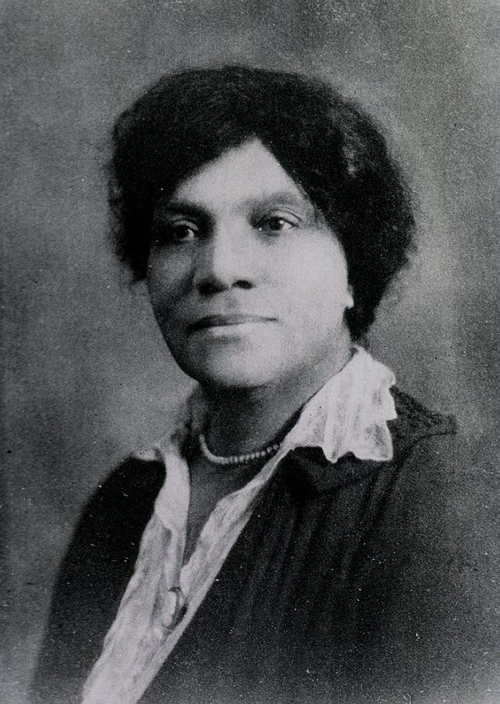
Adah Belle Samuel Thoms was born in Richmond, Virginia in 1870. In 1905, she graduated from the Lincoln Hospital and Home School of Nursing, where the following year she became acting director – a position she held for nearly two decades. During this period, it was extremely rare for black people to hold such high-level roles, but Thoms handled it with excellence. Even so, racial prejudice stopped her from officially being named director.
Thoms was a crusader who worked tirelessly for the rights of professional black nurses. She was instrumental in setting up the National Association of Colored Graduate Nurses and strove for the acceptance of black nurses into the American Red Cross. She also worked for equal opportunities for nurses in the US Army Nurse Corps and even spoke to President Warren G. Harding regarding the issue – offering him and his wife roses and letting him know that 2,000 African-American nurses were waiting to do their bit for America.
1. Mary Eliza Mahoney
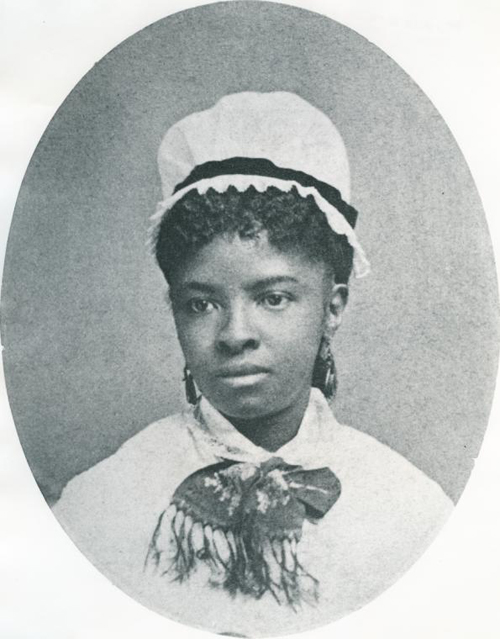
Mary Eliza Mahoney may have been small, but she was a force to be reckoned with. She was a pioneer who refused to succumb to the restrictions imposed by racial prejudice.
In 1879, Mahoney became the first registered black nurse when she graduated from a training program in New England. As a student, she had endured 16 hours of backbreaking labor every day, seven days a week. The program was so difficult that only three students out of the entire class of 40 graduated. And Mahoney was one of them (along with two white nurses).
Effectively, Mahoney proved that African Americans could not only become nurses, but that they could do the job with excellence, compassion and efficiency. The world of nursing would never be the same.
Mahoney went on to co-establish the National Association of Colored Graduate Nurses in 1908. And in recognition of her contribution to the nursing profession, in 1936 the American Nurses Association instituted the Mary Mahoney Award, to be awarded to nurses who go above and beyond when it comes to integration and equal opportunities for minorities in the field of nursing.
Bonus: Mary Seacole
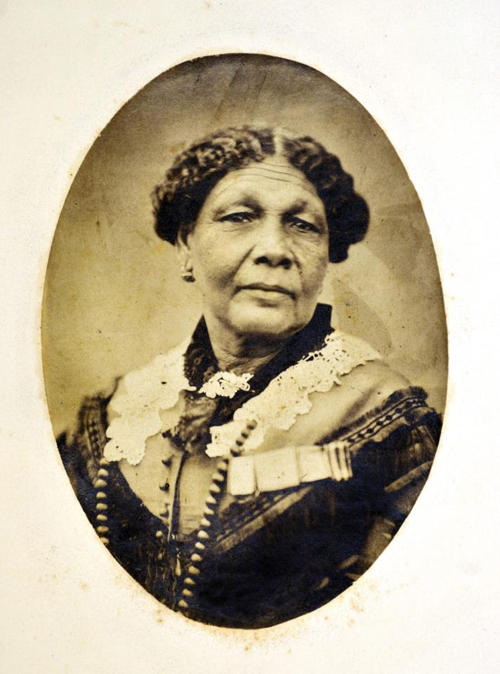
Although the term “African American” doesn’t usually apply to black people born in the Americas outside of the US, no list of trailblazing black nurses would be complete without Jamaican-born Mary Seacole.
With a reputation that rivals that of Florence Nightingale, Seacole certainly made history. Not only did she cope with prejudice and discrimination, but she was also a selfless nurse, dedicated to providing strong medical services to wounded soldiers.
After the outbreak of the Crimean War in 1853, Seacole traveled overseas to the British War Office, determined to serve as an army nurse. Then when she was refused, she funded her own trip to Crimea, started a hotel for injured officers (built out of salvaged materials), and braved enemy fire to nurse the wounded on the battlefield. Affectionately, she was known as “Mother Seacole.” And she is still remembered in Britain, where many buildings and organizations are named in her honor.